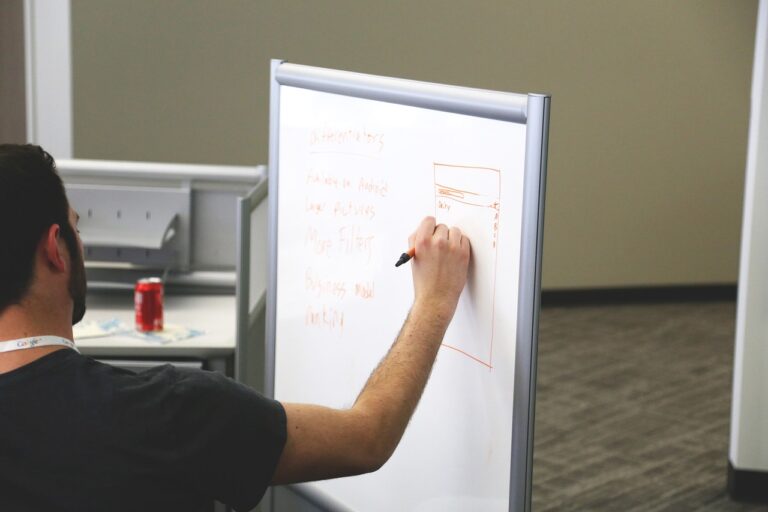Addressing Learning Loss Post-Pandemic
School closures, whether due to pandemics or other unforeseen circumstances, have significantly disrupted the traditional mode of education worldwide. Extended periods of school closures have raised concerns about the potential impact on students’ academic achievement. Research indicates that interrupted schooling can lead to learning loss, particularly in essential subjects like mathematics and reading comprehension.
Moreover, the absence of in-person instruction and interaction with peers and educators has posed challenges for students in terms of engagement and motivation. The shift to remote learning, while necessary for continuity of education during closures, has highlighted disparities in access to resources and technology among students. These inequalities may exacerbate the impact of extended school closures on academic achievement, further widening the educational gap between students from different socio-economic backgrounds.
Understanding the Role of Remote Learning in Contributing to Learning Loss
Remote learning emerged as a necessary response to school closures during the pandemic, allowing students to continue their education from home. However, this shift to virtual classrooms raised concerns about the potential learning loss that students might experience. With the absence of in-person interaction and the challenges of adapting to new online platforms, students faced obstacles in maintaining their academic performance.
The lack of direct supervision and feedback from teachers in a remote learning setting also played a significant role in contributing to learning loss. Without the in-person support and guidance that students typically receive in a traditional classroom setting, it became more difficult for them to stay engaged and motivated. Additionally, the limited opportunities for immediate clarification or assistance with assignments could result in gaps in understanding, further hindering academic progress.
How have extended school closures impacted academic achievement?
Extended school closures have led to learning loss and a decline in academic achievement for many students.
What role does remote learning play in contributing to learning loss?
Remote learning can contribute to learning loss due to challenges such as lack of access to resources, limited teacher-student interaction, and difficulties in maintaining motivation and engagement.
How can educators address the learning loss caused by remote learning?
Educators can address learning loss by providing targeted support, implementing interventions, and utilizing data-driven strategies to identify and address areas of weakness.
What are some effective strategies for mitigating the impact of remote learning on academic achievement?
Effective strategies for mitigating the impact of remote learning on academic achievement include personalized instruction, regular check-ins with students, and promoting a supportive learning environment.
Is learning loss a permanent setback for students who have experienced extended school closures?
Learning loss is not necessarily a permanent setback, as students can make progress through targeted interventions, academic support, and efforts to address areas of weakness.





